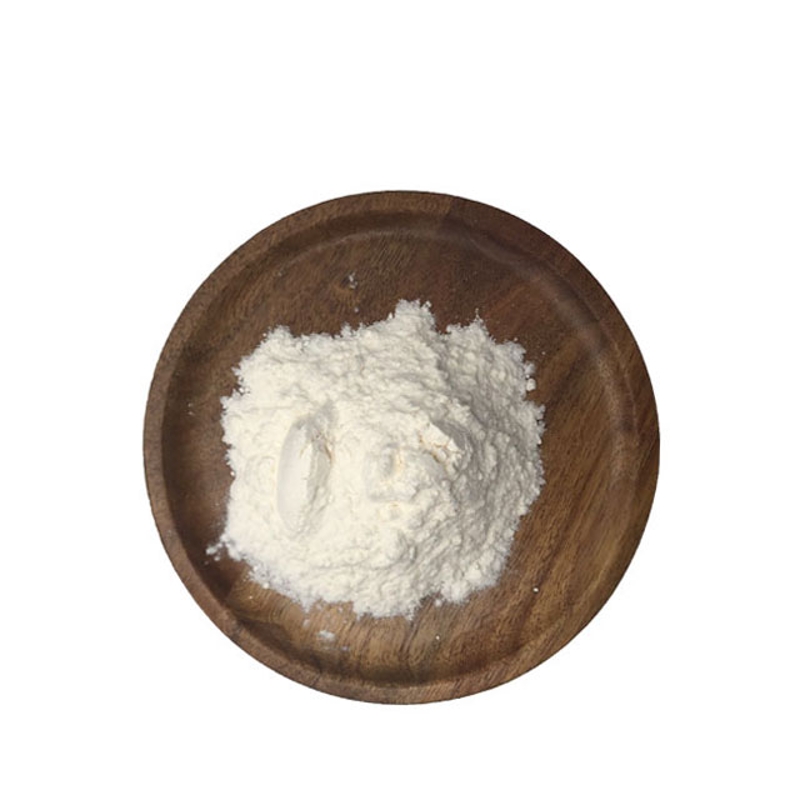-
Categories
-
Pharmaceutical Intermediates
-
Active Pharmaceutical Ingredients
-
Food Additives
- Industrial Coatings
- Agrochemicals
- Dyes and Pigments
- Surfactant
- Flavors and Fragrances
- Chemical Reagents
- Catalyst and Auxiliary
- Natural Products
- Inorganic Chemistry
-
Organic Chemistry
-
Biochemical Engineering
- Analytical Chemistry
- Cosmetic Ingredient
-
Pharmaceutical Intermediates
Promotion
ECHEMI Mall
Wholesale
Weekly Price
Exhibition
News
-
Trade Service
Magnesium ( Mg ) is one of the most important micronutrients in mammalian cells, and hundreds of enzymes require magnesium ions as an essential cofactor
.
Magnesium is involved in more than 300 chemical reactions in the human body
.
Magnesium ( Mg ) is one of the most important micronutrients in mammalian cells, and hundreds of enzymes require magnesium ions as an essential cofactor
The role of magnesium in the organism has been extensively studied over the past two decades, especially in relation to the level of magnesium in the blood (serum magnesium) and the immune system
In a new study published in Cell in the early morning of January 20, Beijing time , a research team from the University of Basel in Switzerland found that T cells can effectively eliminate abnormal or infected cells only in a magnesium-rich environment.
Research results (Image source: Cell )
Research results (Image source: Cell )Previous studies have found that low dietary magnesium intake and hypomagnesemia are associated with the pathophysiology of various diseases, including infection and cancer
.
Previous studies have found that low dietary magnesium intake and hypomagnesemia are associated with the pathophysiology of various diseases, including infection and cancer
Whether extracellular magnesium contributes to the formation of adaptive immune responses has not been assessed in these models
In the new study, the researchers found that CD8+ T cells were only able to effectively eliminate abnormal or infected cells in a magnesium-rich environment
.
Specifically, the co-stimulatory cell surface molecule LFA-1 requires magnesium to adopt its active conformation on CD8+ T cells, resulting in increased calcium flux, signal transduction, metabolic reprogramming, immune synapse formation, and enhanced T cell toxicity .
T cells (blue) form immune synapses through LFA-1 to attack tumor cells (white)
T cells (blue) form immune synapses through LFA-1 to attack tumor cells (white)In the inactive state, LFA-1 is in a curved structure and therefore cannot bind efficiently to infected or abnormal cells , the researchers explained
.
This is where magnesium comes into play
.
In the inactive state, LFA-1 is in a curved structure and therefore cannot bind efficiently to infected or abnormal cells , the researchers explained
The fact that magnesium is essential for T cell function may be a very important discovery in modern cancer immunotherapy
.
The fact that magnesium is essential for T cell function may be a very important discovery in modern cancer immunotherapy
.
The goal of these therapies is to mobilize the immune system, especially cytotoxic T cells, to fight cancer cells
.
In experimental models, the researchers demonstrated that T -cell immune responses against cancer cells were enhanced by increased local magnesium levels in tumors
.
By analyzing previous clinical data on cancer patients, the researchers demonstrated that immunotherapy was less effective in patients with deficient serum magnesium levels
.
.
Taken together, these findings conceptually link costimulation and nutrient perception and point to the " magnesium -LFA-1" axis as a therapeutic biological system
.
.
Corresponding study author Professor Christoph Hess , Department of Biomedical Sciences, University of Basel, said: " Based on the available data, we cannot yet answer the question of whether regular intake of magnesium affects cancer risk
.
As a next step, we plan to conduct prospective studies to test the Clinical effects of magnesium as an immune system catalyst
.
”
.
As a next step, we plan to conduct prospective studies to test the Clinical effects of magnesium as an immune system catalyst
.
”
References:
References:Magnesium sensing via LFA-1 regulates CD8+ T cell effector function .
Cell .
2022 Jan 13;S0092-8674(21)01561-0.
doi: 10.
1016/j.
cell.
2021.
12.
039
Cell .
2022 Jan 13;S0092-8674(21)01561-0.
doi: 10.
1016/j.
cell.
2021.
12.
039 Magnesium sensing via LFA-1 regulates CD8+ T cell effector function leave a message here







